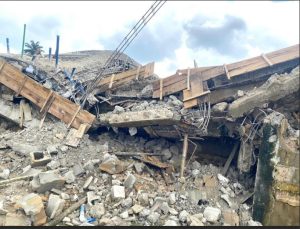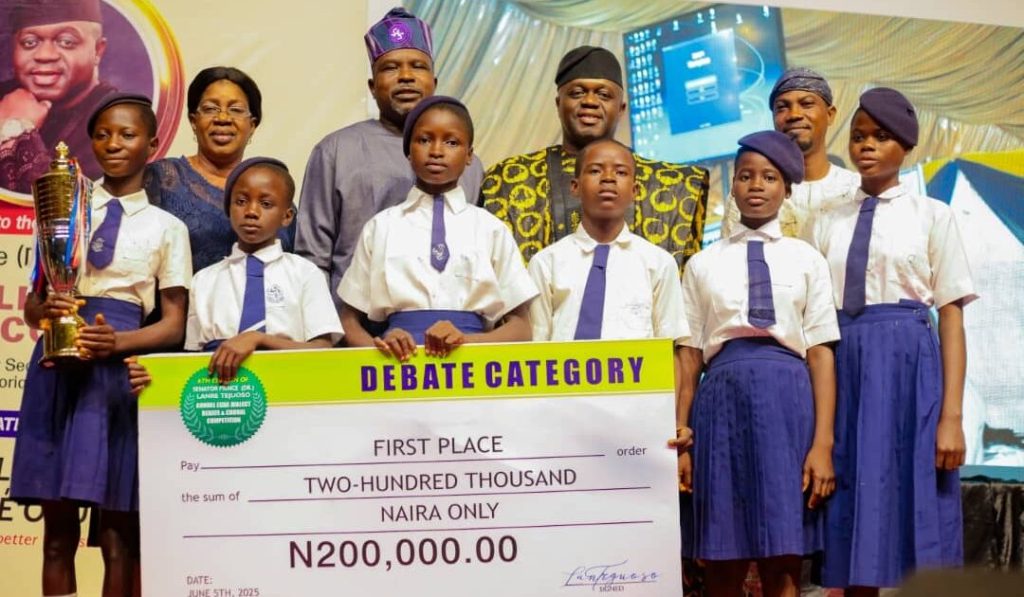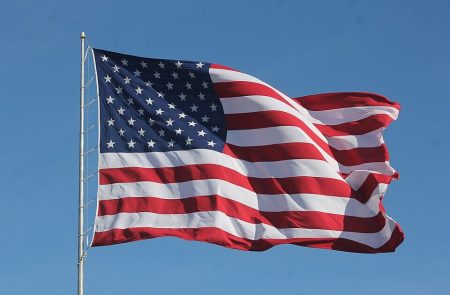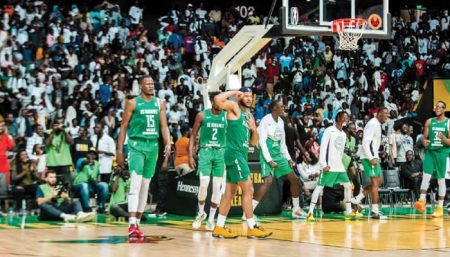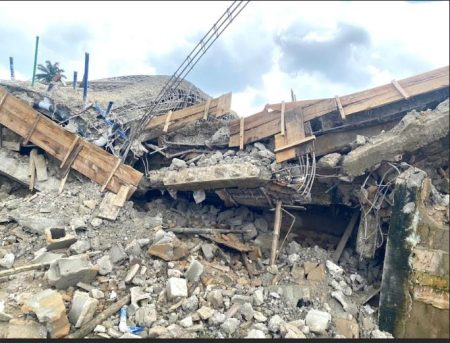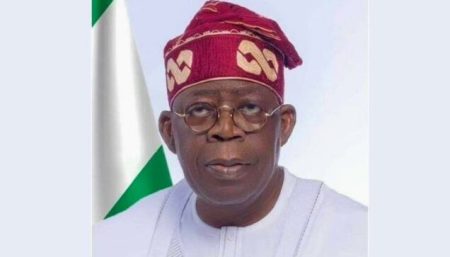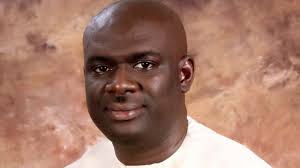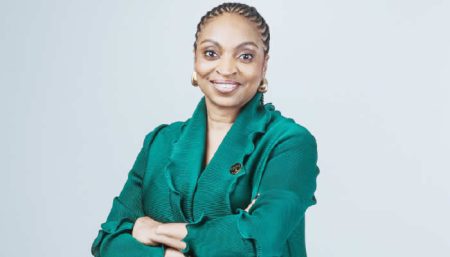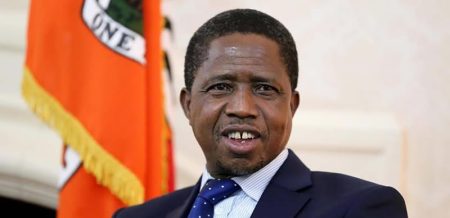Former Senator Lanre Tejuoso has ignited a conversation surrounding language, culture, and national identity by urging President Bola Tinubu to champion the Yoruba language on the global stage. Tejuoso’s proposition, delivered during the sixth edition of the Egba Dialect Debate and Choral Competition in Abeokuta, Ogun State, calls for President Tinubu to utilize Yoruba as his primary language of communication at international gatherings, much like leaders from Russia, China, and other nations do with their respective languages. Tejuoso argues that this practice would not only elevate the prominence of the Yoruba language internationally but also showcase Nigeria’s rich cultural heritage. He emphasizes that the use of interpreters, a common practice for world leaders, would facilitate seamless communication and foster respect for the nation.
Tejuoso’s call for linguistic and cultural representation goes beyond President Tinubu’s personal adoption of Yoruba. He also advocates for a broader integration of the Yoruba language into various aspects of Nigerian life, particularly in education. He proposes the translation of academic textbooks, including those for subjects like Mathematics, Chemistry, and Physics, into Yoruba. This initiative, he believes, would not only enhance understanding and learning but also further solidify the language’s relevance and importance. Tejuoso’s personal experience growing up with limited exposure to the Egba dialect, a sub-dialect of Yoruba, fueled his passion for establishing the annual competition six years ago. He aims to provide young generations with the opportunity to connect with their cultural roots and appreciate the unique attributes of the Egba dialect.
The Egba Dialect Debate and Choral Competition, sponsored by Tejuoso, serves as a platform to promote indigenous language and culture. The competition brought together representatives from secondary schools across Ogun Central, a region also known as Egba land. The event’s focus on the Egba dialect underscores Tejuoso’s commitment to preserving and celebrating the rich linguistic diversity within the Yoruba language family. By showcasing the dialect in a competitive and engaging setting, he seeks to inspire young people to embrace their heritage and contribute to its continued vitality.
Senator Shuaib Salisu, the current representative of Ogun Central, expressed strong support for Tejuoso’s initiative, commending his efforts in promoting both the Egba dialect and the Yoruba language as a whole. He indicated that the Egba dialect debate would be integrated into the senatorial district’s impactful projects. This endorsement signifies a potential broadening of support for language and cultural preservation within the region. The adoption of the debate by the senatorial district could lead to increased resources and wider participation, further amplifying the impact of Tejuoso’s original vision.
The sixth edition of the competition featured a debate centered on the topic of whether studying in Nigeria is preferable to studying abroad. Oba Community Comprehensive School emerged as the winner of the debate, followed by Abeokuta Girls’ Grammar School in second place. The choral competition saw Ifo High School claim first place, with Premier Grammar School, Abeokuta, and Naiwarudeen Grammar School, Obantoko, securing second and third place respectively. These competitions provide a practical and engaging platform for students to explore complex issues while simultaneously celebrating their linguistic and cultural heritage.
Tejuoso’s call for linguistic and cultural representation resonates with broader discussions about national identity and the role of language in shaping it. His advocacy for the Yoruba language reflects a growing awareness of the importance of preserving and promoting indigenous languages in a globalized world. The adoption of Yoruba by the President on the international stage, as Tejuoso suggests, could serve as a powerful symbol of cultural pride and national identity. Furthermore, the integration of indigenous languages into education could contribute to more inclusive and culturally relevant learning experiences. The Egba Dialect Debate and Choral Competition exemplifies a grassroots effort to celebrate linguistic diversity and empower future generations to embrace their heritage. The support from Senator Salisu suggests that this movement has the potential to gain broader institutional backing and effect lasting change in the region.




